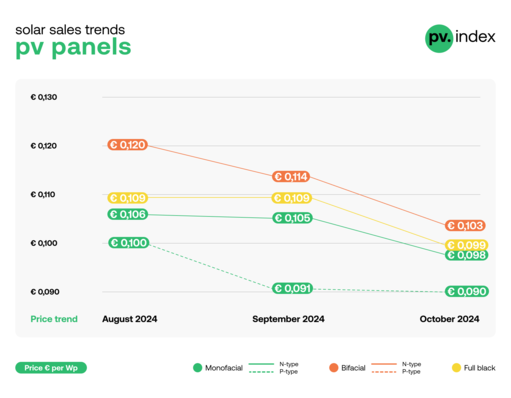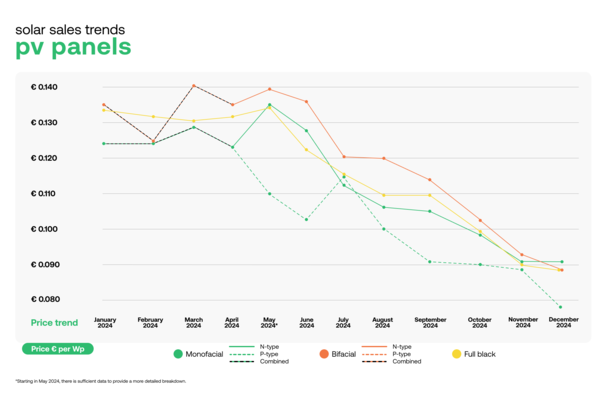The data reveals national wholesale and system electricity costs could be cut by an annual £4.6bn in 2030 and £14.1 billion in 2040 if flexible energy solutions are implemented. Households that participate in flexible electricity initiatives also stand to cut wholesale electricity costs by more than 14% in 2030 and a staggering 52% in 2040 – a predicted annual saving of £115 and £375 respectively for an average household.1
The potential savings for households will be welcome news prior to the new price cap announcement on Friday 25th August. These are expected to show the cap remaining significantly above pre-2022 levels, with experts saying no respite is expected before the end of the decade and likely far beyond.
See also: Smart meters have potential to play critical role in energy security
Typically, in Great Britain (GB), daily peaks in electricity demand occur on weekdays between 4pm and 7pm. To meet peak demand, additional fossil fuel-generated electricity is often required. As these sources are more expensive than renewable options such as wind and solar, this drives up wholesale electricity costs and ultimately impacts consumer bills. With the anticipated increase in electricity demand over the next few years, this issue is poised to become even more acute.
Boosting for off-peak energy usage
Encouraging consumers to modify their electricity usage according to the availability or price of electricity, by, for example, installing smart meters so they can access time-of-use tariffs, and participate in trials like the National Grid ESO Demand Flexibility Scheme will boost off-peak energy usage, saving money and taking pressure off the grid.
Additionally, the report calculates that customers who adopt self-generation and energy storage for use during high-cost periods, stand to save hundreds of pounds from their annual energy bills. Even households that do not actively participate in household flexibility will see an overall reduction in their electricity bill as a result of a more efficient system.
Also interesting: UK government grant helps university go net zero
The benefits would also be felt on a national scale; with the modelling showing that by embracing flexible electricity usage GB could avoid the need to construct the equivalent of four additional gas-fired power stations in 2030. This not only translates to cost-savings of over £2.5 billion but also provides significant environmental benefits for our communities. It would also reduce the need for upgrades to the electricity wires and infrastructure, which saves almost £1bn in 2030. (mfo)








